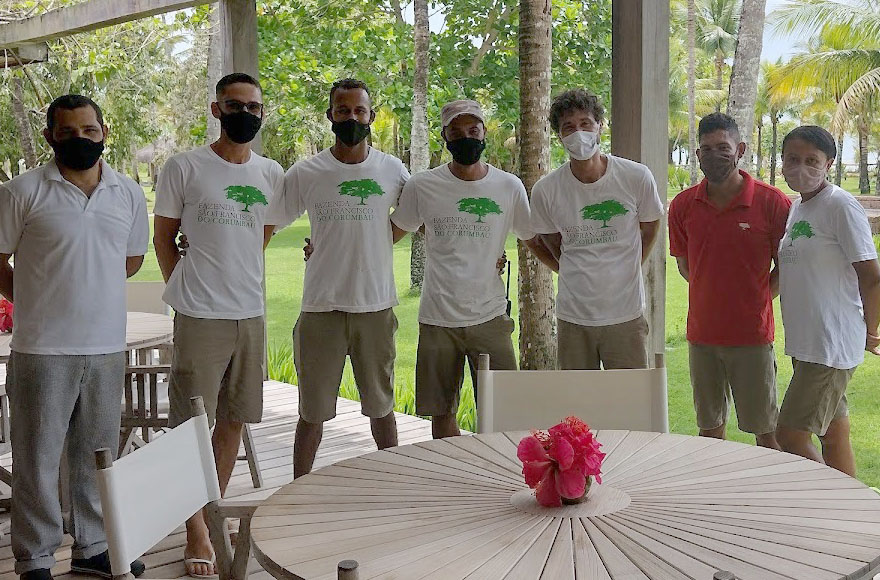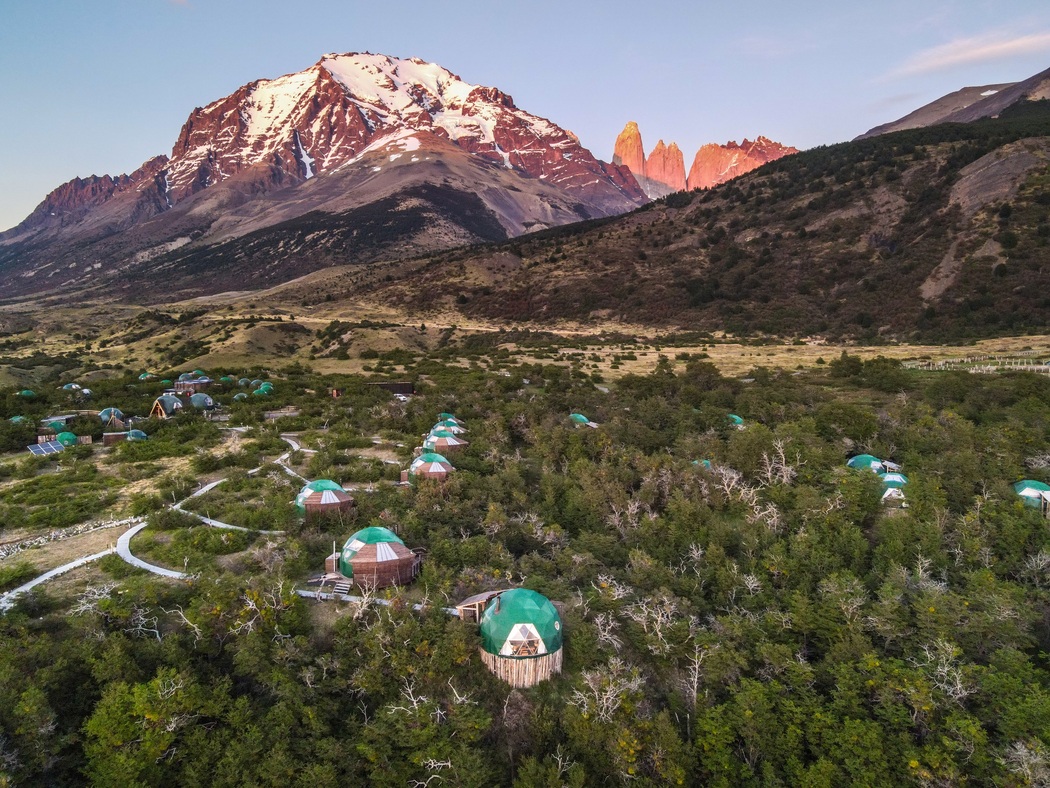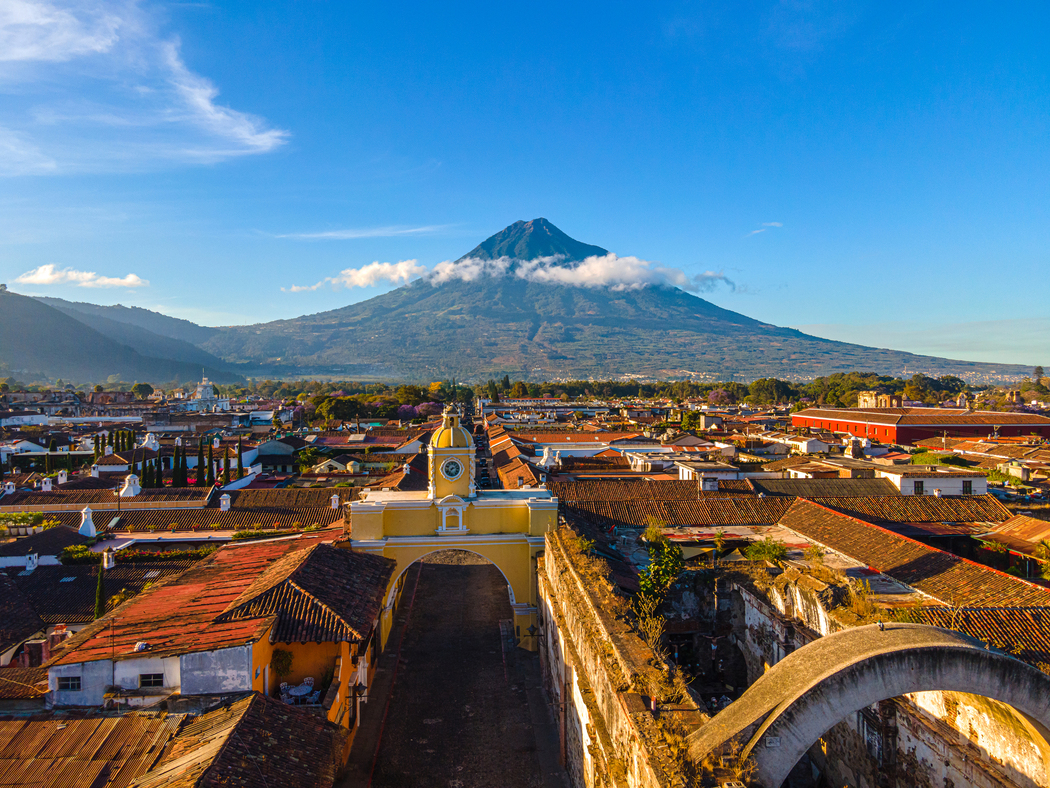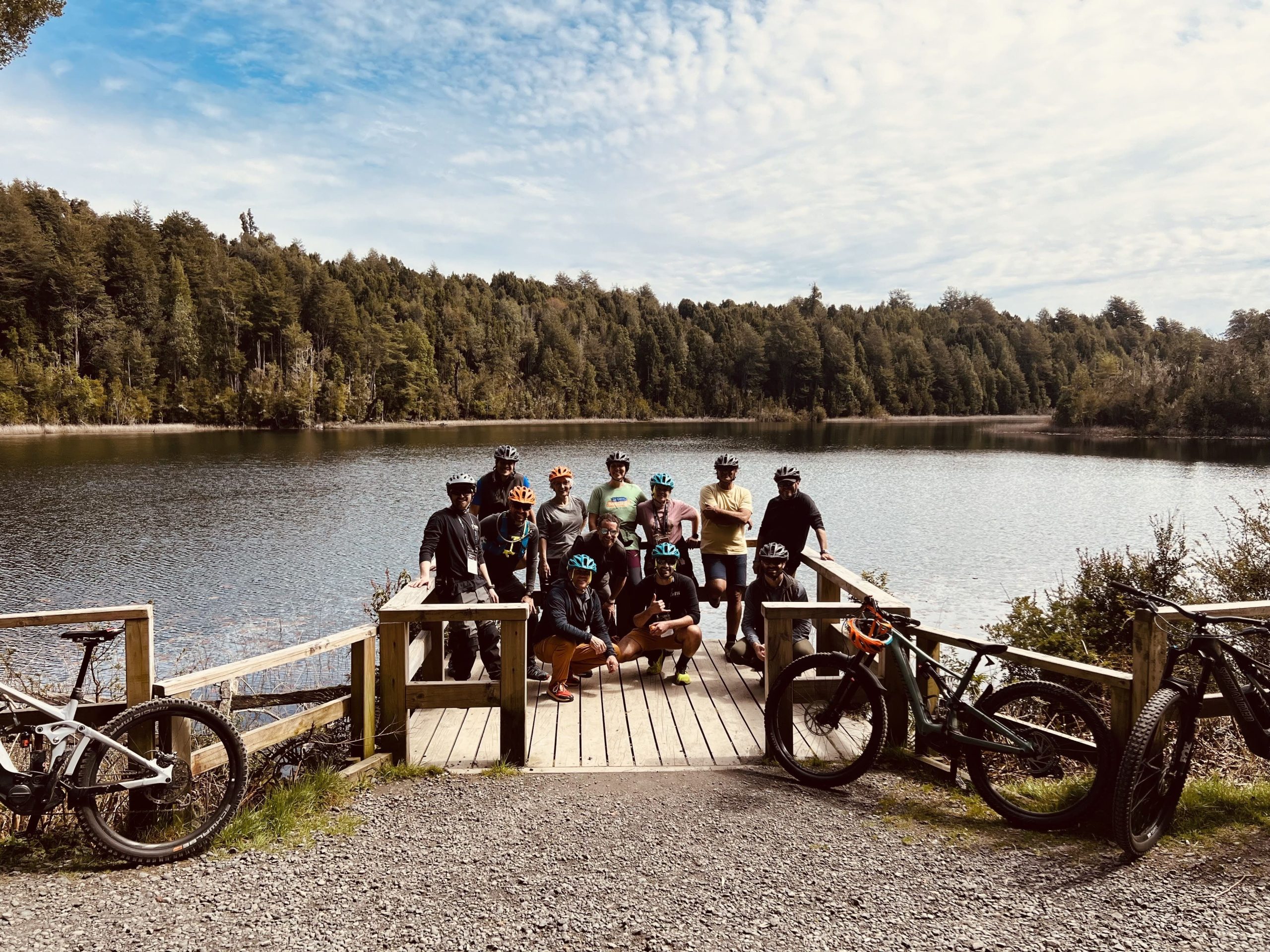It’s never that easy to make an extreme life makeover or even to recall exactly where that desire was born. Most REMOTERs who gave birth to unique oases at remote locations were motivated by their own story and connection with the location. But how to find the dream team to create and do the hard work in paradise? This month, we went straight to the source to hear it from Manoela, Hotel São Francisco do Corumbau’s operations manager, who recently made the shift to tell us all about finding that perfect match.
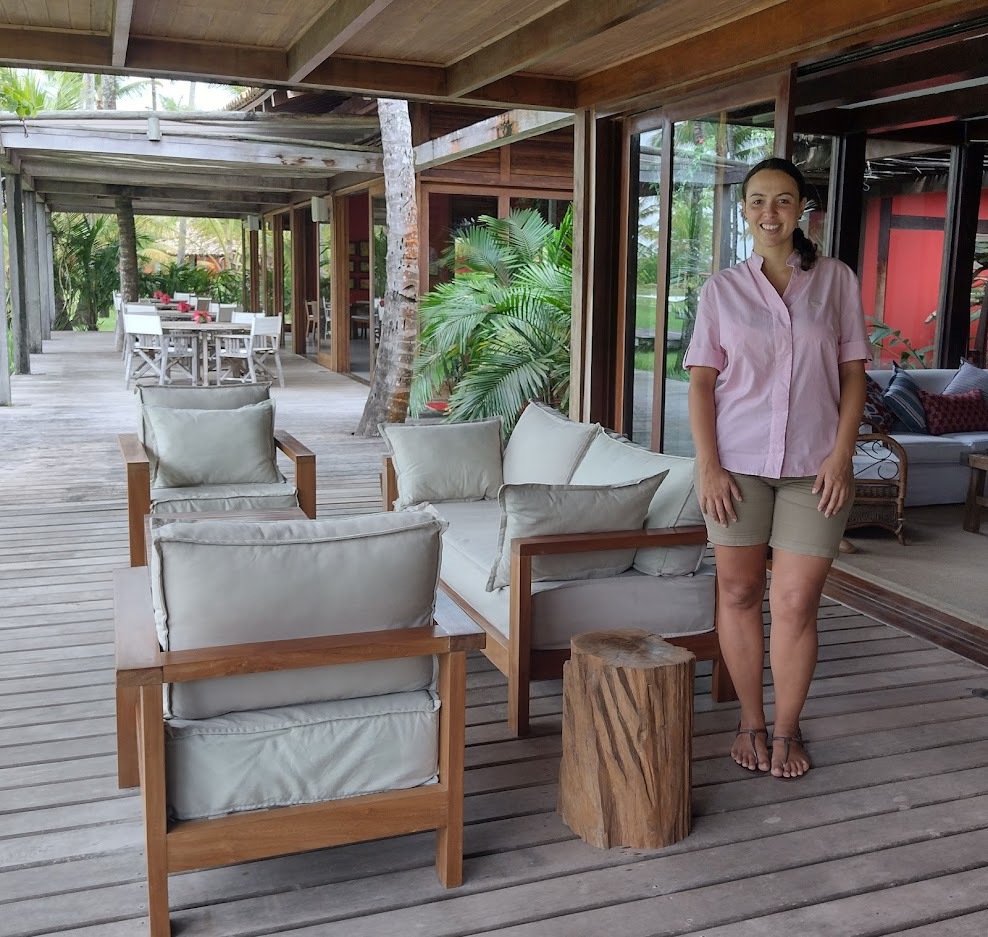
First of all, could you tell us a bit about where the hotel’s located, so we can all get a better dimension on how remote you are?
Corumbau means “far from everything” in the indigenous language of the original people, the Pataxó. Originally a coconut farm, this 167-hectare farm with 1.5 kilometers of beach front has approximately 110 hectares of protected and preserved mangrove area. We have a big coral reef area right in front, which is one of our main attractions for guests too. Sometimes I’ll walk along the beach for three kilometers and spot one single person or two, maximum.
On top of that, to make things even quieter, we’re located at the edge of a sand bank that forms a little bay, called Ponta do Corumbau, which is our main post card. There aren’t even any boats crossing here. So, yes, we are properly remote.
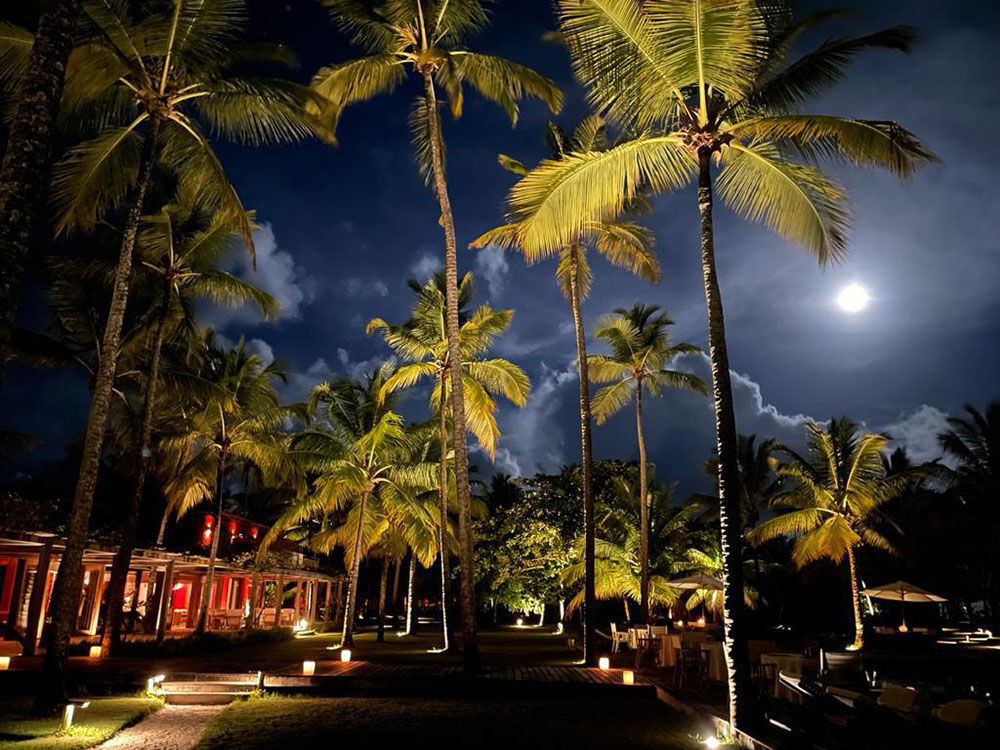
How do you operate in such a delicate ecosystem?
I would start by saying that everything here is challenging. Unlike the modus operandis in the big cities, where you can get anything you want at any time, here, because it’s such a remote spot, things take much more time. It’s going to be pretty challenging to operate in any remote area in Brazil, because there is a lack of proper logistics.
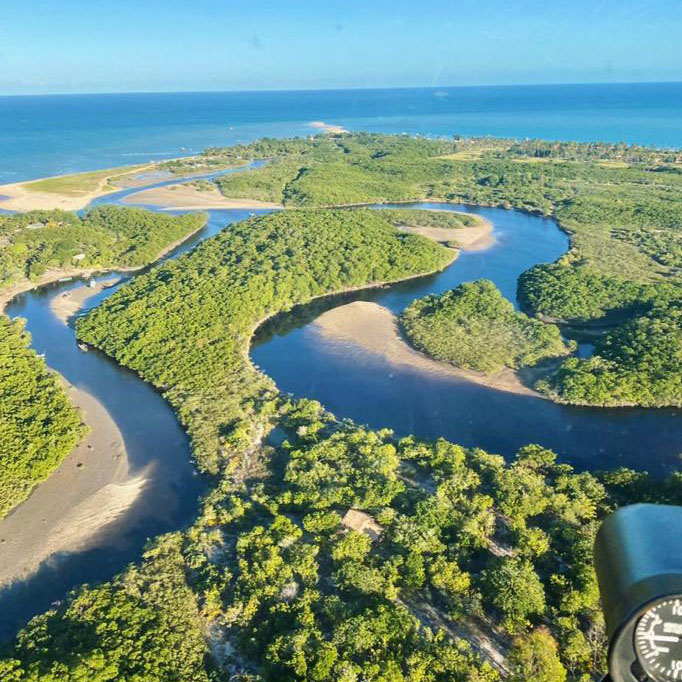
How do you protect the protected area? What are the best practices you guys have been developing there?
Well, we start with the most obvious thing to do which is to focus on social impact. 80% of our current staff are of indigenous origin. So it’s really a small community here and we know we have our role to foster and look after it. In terms of optimizing logistics, we have implemented a vegetable garden, which proved to really help the operational aspect of food logistics, as well as the environmental footprint too. I believe that starting with the basics and always optimizing is a victory in itself.
At the hotel you guys serve vegetarian and even vegan meals. What’s the vision behind that?
I guess it is sort of a trend in our industry of sustainable tourism. In our case, it’s a matter of quality service. We want guests to have that option and feel really comfortable to choose the best fit for them. But, beside that, we know that nowadays it’s practically impossible not to think about that. We all know about the impact that eating meat and consuming milk and whatnot has on the planet. I don’t want to sound too political, but I guess it’s important to at least think about it and to change, at least a bit. Like Meatless Monday, for example. When we talk about preserving nature, we end up hitting the meat subject at some point. So, yes, the hotel feels strongly about this too and this is why we have developed vegetarian and vegan meals with a nutritionist. We actually have great dishes here. One of my favorites is the coconut ceviche! The Brazil nut granola with coconut is quite famous too and most guests take some back home. Since we’re on a coconut farm, we do have an abundance of coconut resources to experiment with in healthy dishes.
What’s your own logistic story? How did you end up moving from a megacity to one of the most remote hotels in Brazil?
I always worked in sales at travel agencies. I used to always be busy and in a rush, like most people who live in big cities are naturally drawn to a frenetic lifestyle. However, I also always loved being close to nature and going on weekend getaways with my husband. Once the pandemic hit, we started thinking, “Why don’t we escape for good?” So I started to let all my friends and colleagues know that I was open to new ideas and work opportunities. This is when Ligia, a partner at REMOTE, learned about it and connected me with Silvia and Marcelo, the property owners and REMOTE members who were looking for a manager to join the team. Many people with experience in the industry would like to move to a remote area to work on a hospitality project but they don’t know where to start. So the first tip is: Talk to REMOTE (laughs), use their intranet HUB, exchange tips with members there. Spread the word! Let people know about your plans and, most of all, count on the power of your communities. On top of that, another tip would be: books! Rely on books to make your company. I founded a book club during the pandemic and it was one of the best ideas ever. It really helps me stay connected to all kinds of people, regardless of where I am.
A lot of property owners are constantly looking for good people to come and work at the hotel, but it’s not always an easy task. What was the success of your case?
After I was recommended for the position through the REMOTE community, I did the interview and it all went really well. We liked the hotel, the owners and the project, but then they asked us to come to get to know the hotel first, to spend some time and see if we could actually see ourselves living here. I guess this is a valuable tip! Make sure to get the person to spend some time before making the decision, especially because we’re talking about remote locations. It’s important to make them realize how secluded they’re going to be and how difficult things can be beforehand. For example, there are no supermarkets, no drug stores close by. Another thing that I guess was crucial was to look for a couple. You have to be someone that can adjust to the circumstances and, if you can, it’s going to be amazing.
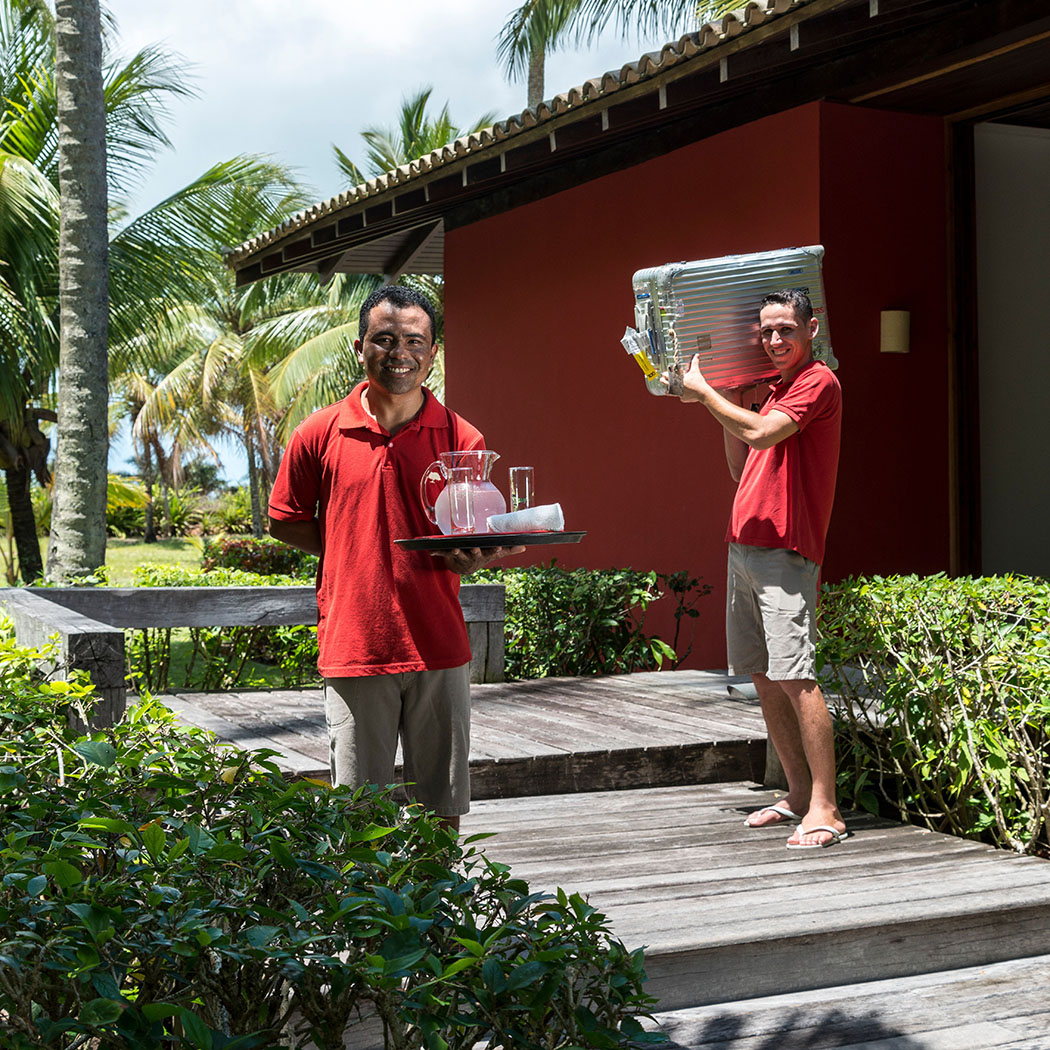
The hotel is also known for having a charismatic staff. From an operational point of view, how do you manage to guarantee a great team?
It all starts with an example. Being available and truly interested in your team. Making yourself available to your own local community is key. We’re lucky to have amazing property owners that do just that. Making sure that the staff feels that you’re on their side and they’re taken care of makes them want to take care of the guests too.
